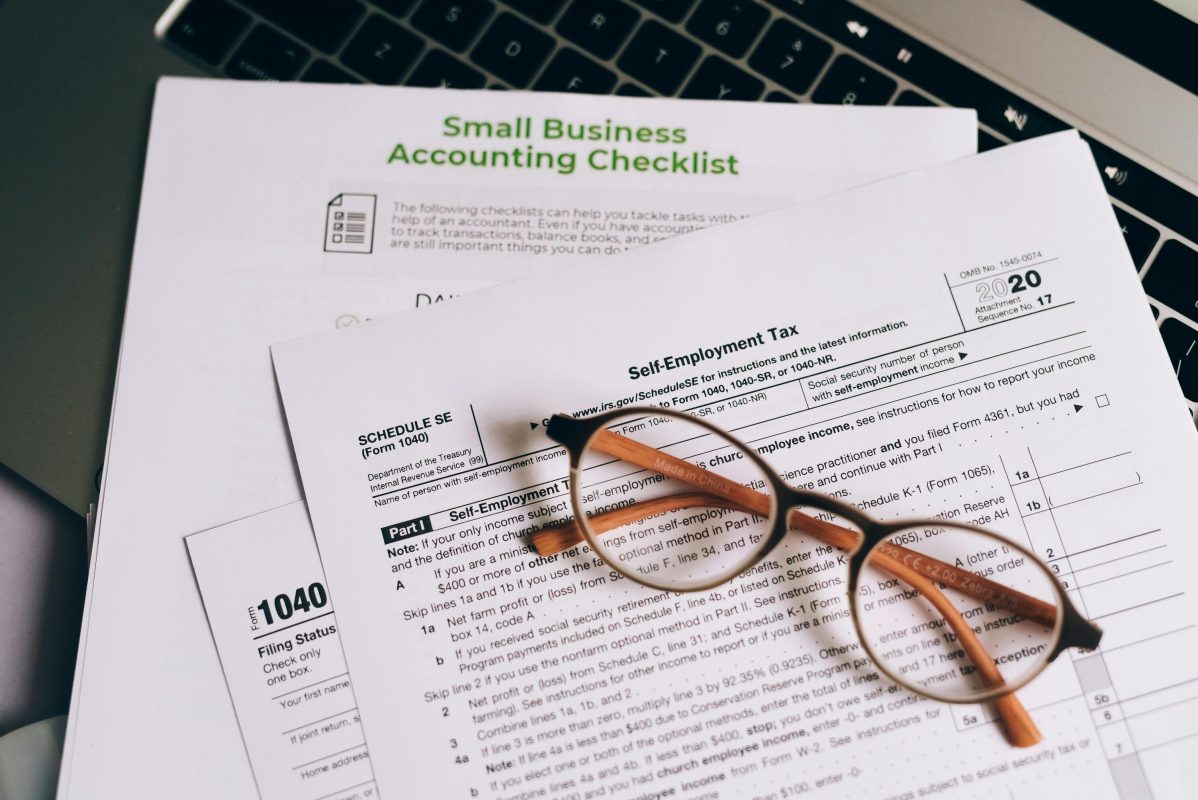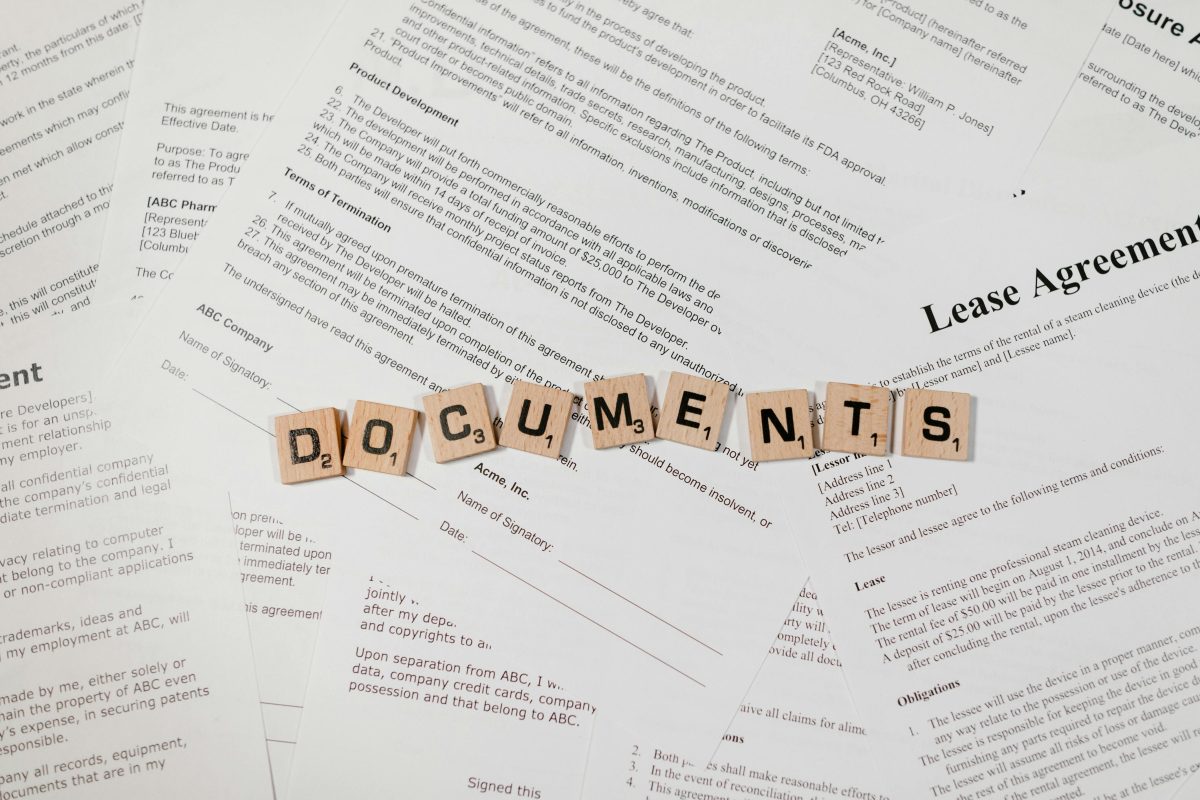Establishment of enterprise in Vietnam what foreign investors need to consider (Part 1)
In recent years, Vietnam has been considered as a high potential investment environment thanked to its fast-growing economy among Southeast Asia countries and the supportive policies issued by the Vietnamese Government, including but not limited to tax reductions and preferential tax rates, etc. that would attract the foreign investors to enter into this dynamic market.
To ensure the effectiveness in investment, labor management, resources and leverage the utmost support from governmental policies, it’s crucial for the investor to anticipate the basic steps should be taken into account for consideration of its investment in Vietnam. Therefore, some highlights shall be given below for consideration by the foreign investor whom might be interested in establishing an enterprise in Vietnam.
- Defining the business line
As a member of WTO, Vietnam has opened its market since 2007 widely, but not completely. Accordingly, Vietnam stipulates several distinct regulations governing the investors in doing business in Vietnam, and has the ultimate power in accepting or rejecting the specific investment projects in Vietnam. Therefore, before making the initial steps to do business in Vietnam, the investors should determine whether the intended business line has been welcomed for opening in Vietnam under WTO commitments and if there are any conditions for doing such businesses in Vietnam.
The investor should be aware of some industries may require a separate license issued by the specific governmental authority as condition for conducting its business in Vietnam, which mean that after completing the establishment of an enterprise in Vietnam, the investor must meet various specific legal requirements prescribed by laws to be eligible in starting its business. For instance, to complete the investment into restaurant and hotel service business, the investor must obtain the Food hygiene and safety certificate, Fire prevention and fighting certificate following the issuance of Investment Registration Certificate and Enterprise Registration Certificate.
- Identifying the proper form of enterprise
Investors may choose the proper form of enterprise based on operational needs and business plans. The Enterprise Law currently specifies the following enterprise forms:
- Private Enterprise
- Partnership
- Single – member Limited Liability Company
- Multi – members Limited Liability Company
- Joint Stock Company
In practice, the limited liability company and joint stock company are the forms being preferred by the foreign investor. In consideration of on some elements such as intended industry, number of investors, the flexibility level of changing of investors or capital transfer in the company, and financial plans…, the investors may decide which form of enterprises they may choose.
- Charter Capital
The investors must identify the charter capital of the enterprise based on their financial capacity to ensure that the registered capital contribution schedule should be met. The investors should be aware that the direct investments into Vietnam are required by the governmental bodies of Vietnam for having a detailed and feasible capital contribution plan in order to evaluate the effectiveness of the investment project at later stage. In case the investors don’t comply with the schedule or the amount of capital contribution, the investors will face some significant issues when working with the banks and tax authorities, as well as the administrative sanction would be applied, including the severe consequence of terminating or cancelling the investment projects in Vietnam.
Time of writing: 03/02/2022
This article contains general information that can be used as a reference; if you need legal advice on the issues you are facing, please contact our lawyers at info@cdlaf.vn.










